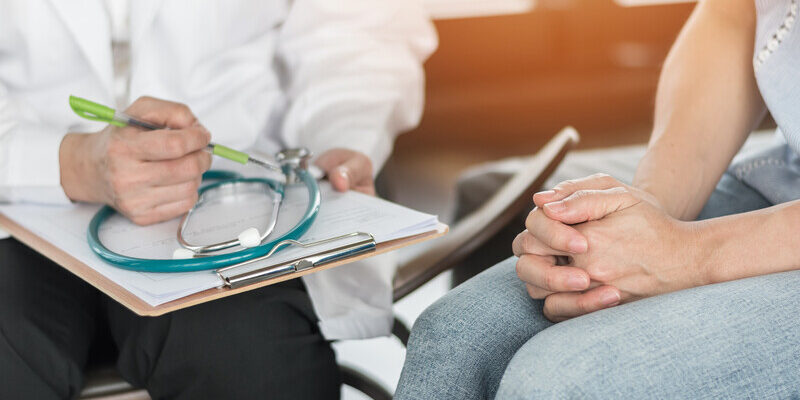Colon polyps are extremely common and are potentially precancerous. Over time, if left unchecked, colon polyps can grow and turn into colon cancer. However, for the most part, colon polyps do not cause symptoms, and therefore screening for colorectal cancer with a colonoscopy is recommended to detect colon polyps at their earliest stages. Colon polyps can be found at the time of a colonoscopy and allows for them to be removed before they transform into colon cancer.
When to get a colonoscopy
The American Cancer Society recommends that all adults get screened for colon cancer and polyps starting at age 45, with screening continuing until age 75. Adults aged 76 to 85 may also benefit from screening based on their overall health and should also talk to their doctor about screening. Your doctor may recommend that you be screened prior to 45 if you have:
- A family history of colorectal cancer
- A personal history of colorectal cancer polyps
- Inflammatory bowel disease
- Specific symptoms, such as abdominal pain, bloody stool, diarrhea, or anemia
Preparing for a colonoscopy
Many people may fear getting a colonoscopy. However, the procedure itself is extremely easy and well tolerated. In fact, preparing for the actual procedure is the toughest part. Preparing for a colonoscopy involves staying on a clear liquid diet the day before the procedure and taking a laxative medication the night before the procedure to ensure your bowels are empty and your doctor can get a clear view of the inside of your colon.
Gastroenterologist Seth Persky, MD, says, “the importance of an excellent colon preparation for colonoscopy cannot be overemphasized. To see the lining of the colon well, patients need to take the entire preparation as prescribed, and follow all instructions provided by your gastroenterologist.”
Fortunately, there are steps you can take to make sure everything goes smoothly for your procedure.
- Schedule your appointment and consult with your doctor– when it’s time to get a colonoscopy, don’t push off making that initial call. Before your procedure, consult with your doctor to address any questions or concerns.
- Review your prep instructions in advance – each prep can have different directions, so make sure you read them thoroughly and plan out your doses.
- Monitor your diet a few days prior to your procedure – consider eating foods low in fiber so there’s less residue in the colon. Eating smaller portions of food will also help ensure an adequate preparation. Five days prior to your procedure you should stop taking any iron supplements and fish oil. During this time, you should also avoid nuts, seeds, fruits and vegetables with seeds, and corn. The day of your procedure do not chew gum or have any hard candies.
- Pick out tasty drinks for the day before – the day before your procedure you will be on a clear-liquid diet. Instead of just sticking with water, choose some liquids that will make your day more tolerable. Some suggestions include Jell-O, low-sodium broth, Italian ices, and Gatorade. Remember to avoid any liquids with blue, orange, red and purple dye.
- Prepare your bathroom set up – depending on your body’s response to the laxative, you can expect to be in the bathroom for some time. Make sure to stock up on extra toilet paper and skin-soothing products like baby wipes, creams, and oils to prevent irritation.
Dr. Persky also shares some tips with his patients including chilling the prep in the refrigerator before starting, drinking the prep with a straw, and taking a break during the prep if you start to get nauseous.
With these tips, your prep should be less daunting and have you equipped for your colonoscopy. “Remember, a colonoscopy is a lifesaving test, but to have the best results, remember to do your part and prep completely,” Dr. Persky emphasizes.
https://www.uspreventiveservicestaskforce.org/uspstf/recommendation/colorectal-cancer-screening

